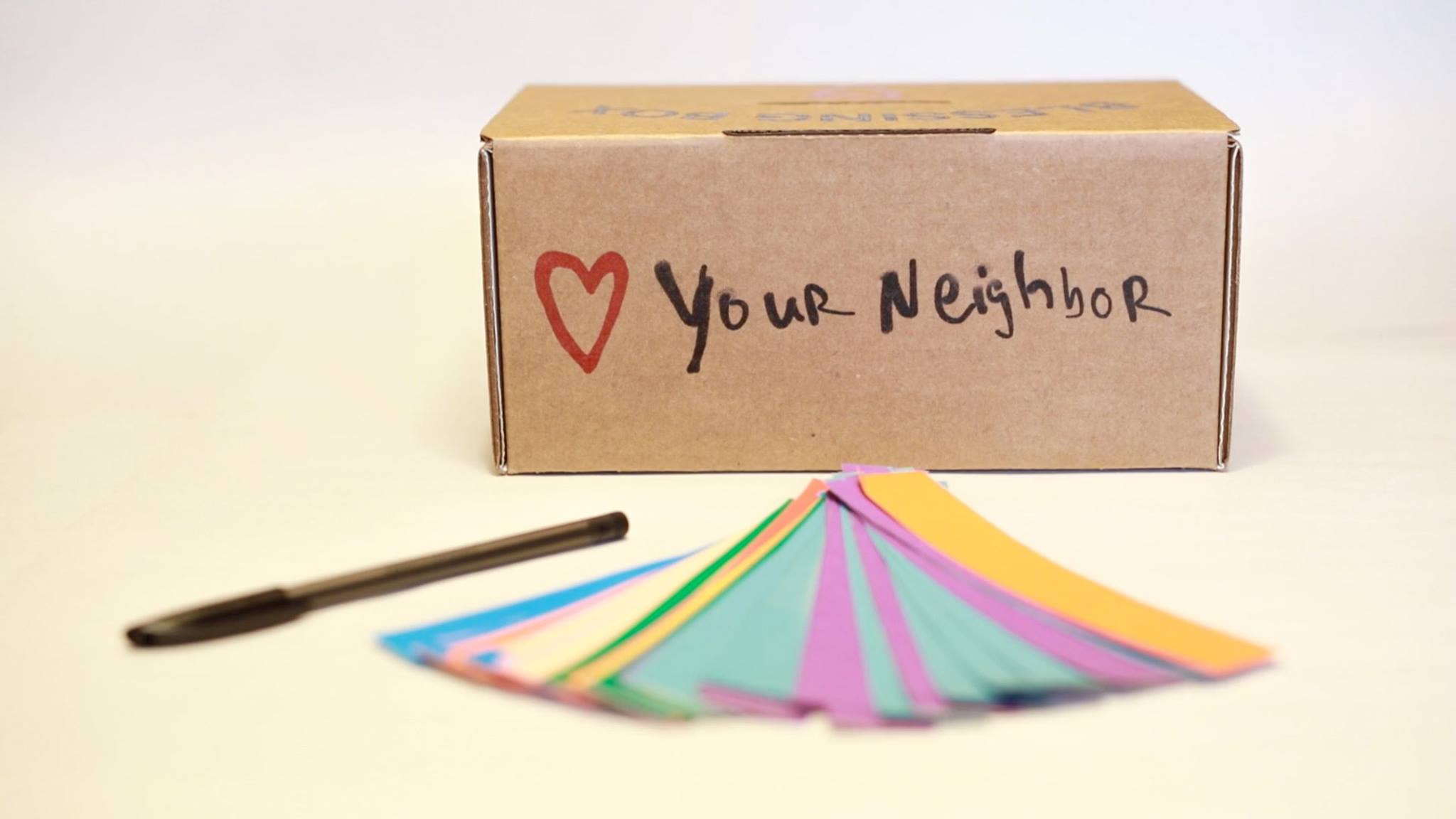by Josh Jacobson
“The arts are critical to achieving the goals expressed in the Opportunity Task Force Report.”
Breakfast with the Reemprise Fund’s Charlie Elberson at the Original Pancake House in Midtown provides so much food for thought. In the wake of the recent publication of Leading on Opportunity, the Charlotte-Mecklenburg Opportunity Task Force Report, I asked him to give his candid assessment of where the arts fits in at a time of such specific focus on economic mobility.
“The arts are where we come together, all of us, from every part of the community,” Mr. Elberson said. “The arts can convene us and encourage us to have the sorts of conversations we need to have, to be inspired to tackle this challenge head on.”
Damn right. Some may be surprised to learn that I spent my formative years stumping for the arts. I have fought battles time and again, with grantmakers and donors who see the arts as a “nice to have” rather than a “need to have.” For too long, the arts has been treated as the second-class citizen of the nonprofit world, living apart from the health and human services charities that are said to be doing the serious work of our community.
This perspective must end. Forward progress on the issues in front of us will only be possible through creative strategies. Period.
It is hard to describe the experience of watching someone who has lost a child have the cathartic experience of watching David Lindsay-Abaire’s Rabbit Hole, a play which deals with that very subject. Or to watch members of the Catholic Archdiocese of New York huddle in the lobby of City Center in Manhattan following their attendance of the world premiere of John Patrick Shanley’s Doubt, a play that deals with the taboo topic of child abuse in the church.
I’ve long said that contemporary theatre has the potential to evoke emotional response and inspire dialogue that can be cross-cultural and multi-generational, augmenting its entertainment value with a tangible educational component that can break down class and economic barriers. In an age of disconnect and information overload, theatre remains an influential portal for individuals to make sense of the world around them through the power of storytelling.
Sure, that may be great copy, but what does arts engagement that achieves this at scale really look like? On the ground, where this sort of changed perspective is needed if we are ever going to motivate the Charlotte community to tackle the challenge of economic opportunity with gusto?
Changing Perspectives in Less Than Five Minutes
Look no further than About Face Charlotte.
Next Stage has had the great pleasure of working with About Face Charlotte, a “photographic and storytelling project that connects people to people in our community, elevates compassion and empathy, and encourages ongoing acts of love and altruism.” The group is perhaps best known for its Blessing Box campaign, which has united people from all over the region in a group artmaking project that is, well, extraordinary. Do yourself a favor and take five minutes to watch the video on the Blessing Box homepage:
Wow, right? When I first heard from About Face’s Creative Lead Scott Gardener, I will admit that I did not fully grasp their work. But as I watched the five-minute videos on their website, I was overcome with emotion. Through videography, the organization humanizes the people who are too often expressed only in spreadsheets and community health assessments. And with the Blessing Box campaign, About Face has created an amazingly tactile, hands-on artmaking experience that is engaging communities of every color and socio-economic level in the Charlotte region. Check it out for yourself at the gallery crawl at Grace AME Zion Church on April 27 from 6-9pm.
If ever there was an effort that was laying the groundwork for the activities outlined in the Opportunity Task Force Report, it is this.
Engendering Empathy
Arts education has long been the equalizer for arts and culture organizations seeking grant funding. And even then, the outcomes measured tend to be pre- and post- quantitative statistics. How much information did the student retain? Can the student name three characters from the play? What percentage of the class was present at the arts activity, and how does that compare to a regular school day?
And yet we know, via countless studies from institutions like the Wallace Foundation and the NASAA, it is the arts capacity for engendering empathy that is among its greatest strengths. As outlined in the Opportunity Task Force, early care and education is vital to ensuring success later in life. But so too is building empathy in every child, to encourage them to see their role in a broader community that extends well beyond the walls of their home or their school. To skip this step is to ensure that each successive generation will find itself back at square one, with distance both physical and virtual between members of their own community.
Or as Mr. Elberson states it: “The arts cross over the things that divide different kinds of people and suddenly we’re involved with each other like never before. We’re plagued these days with divisiveness and hate – I think arts may be the antidote.”
And so it is time for the arts and cultural organizations of the Charlotte-Mecklenburg community to claim that mantle that has been rightfully theirs all along, the role of change agent and grand convener. And to do so, they must shrug off that feeling of second-class citizenship, at a time when our community is working to make sure no one feels like a second-class citizen anymore.
 Josh Jacobson is Managing Director of Next Stage Consulting, a Charlotte-based firm focused on organizational development and fund development for the nonprofit sector. Josh has worked with more than 150 nonprofit organizations throughout the Carolinas, including both human services and arts organiations. Before relocating to NC, Josh spent his formative years working in the cultural sector as a fundraiser for The Juilliard School and Manhattan Theatre Club. Josh is a Certified Fundraising Executive (CFRE) and is President Elect for the Charlotte Chapter of the Association of Fundraising Professionals.
Josh Jacobson is Managing Director of Next Stage Consulting, a Charlotte-based firm focused on organizational development and fund development for the nonprofit sector. Josh has worked with more than 150 nonprofit organizations throughout the Carolinas, including both human services and arts organiations. Before relocating to NC, Josh spent his formative years working in the cultural sector as a fundraiser for The Juilliard School and Manhattan Theatre Club. Josh is a Certified Fundraising Executive (CFRE) and is President Elect for the Charlotte Chapter of the Association of Fundraising Professionals.
